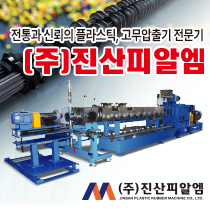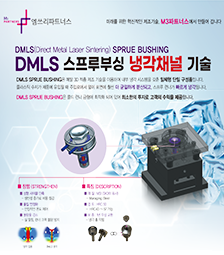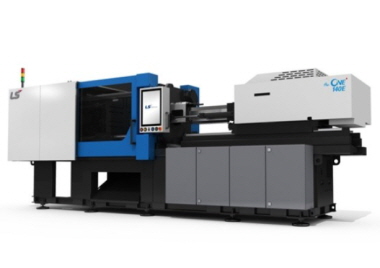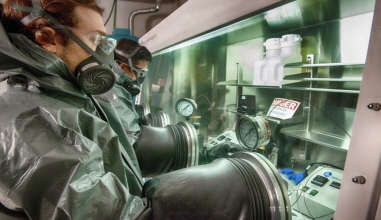Technology & solutions
FDA warns of medical device shortages
FDA warns of medical device shortages
The permanent closure of a Sterigenics ethylene oxide sterilization facility in Illinois on Sept. 30, contract sterlizer Viant's closure in Grand Rapids, Mich., and the temporary closures of another Sterigenics facility in Georgia and a large Becton, Dickinson and Co. sterilization facility, also in Georgia, could affect the availability of some medical devices used by health care professionals and patients.
The sterilization facilities are being temporarily and permanently closed by Environmental Protection Agency officials for emitting unsafe levels of ethylene oxide into the air around their sites. The National Institutes of Health says exposure to dangerous levels of ethylene oxide can cause cancer.
FDA said the facilities cover sterlization for hundreds of products:
- Viant handled 46 different devices in Michigan.
- Sterigenics' Willowbrook, Ill., site handled 594 devices while another 402 are handled in Atlanta.
- Becton Dickinson sterlized 464 different devices in Covington, Ga.
FDA began monitoring and raising concerns about the situation earlier this year. In February, the Illinois EPA ordered Sterigenics to stop sterilizing medical products at its Willowbrook, Ill., facility. The order caused a temporary shortage in April of silicone pediatric breathing tubes manufactured by Smiths Medical Inc.
Sharpless said FDA helped the Minneapolis-based manufacturer change sterilization sites and minimize the supply interruption, but that's no solution going forward. About 50 percent of all medical devices require ethylene oxide sterilization before getting to patients, and there aren't enough facilities to do the work.
Sterigenics announced Sept. 30 that its Willowbrook facility would not reopen. Meanwhile, the company's contract sterilization facility in Atlanta has been closed since August while it undergoes construction to reduce ethylene oxide emissions.
Then, on Oct. 28, Becton, Dickinson and Co. agreed to temporarily shut down its medical sterilization facility in Covington, Ga., until Nov. 7. The company also agreed to take steps to reduce ethylene oxide emissions after it resumes operations.
"Although medical devices can be sterilized by several methods, ethylene oxide is the most common method of sterilization of medical devices in the U.S. and is a well-established and scientifically proven method of preventing harmful microorganisms from reproducing and causing infections," Sharpless said.
Still, FDA is seeking alternatives. In July, the agency asked academic institutions, the medical device industry and other stakeholders to submit ideas for sterilization methods that don't use ethylene oxide as well as develop new strategies to reduce ethylene oxide emissions. Submissions were due Oct. 15.
In the meantime, if the sterilization facility closures lead to any shortage for a critical medical device, the FDA may look for a firm outside the U.S. that is willing and able to redirect safe and effective product into the country, Sharpless said.
FDA has set up a special email account — deviceshortages@fda.hhs.gov — for patients, manufacturers and health care organizations to report distribution delays of new products and anticipated shortages.
"It's never too early to contact us — the sooner we are aware of a potential shortage, the better we can assist in proactively developing a plan to mitigate its effects on patient care," Sharpless said.
FDA also is asking hospitals and other health care organizations to work together and not hoard any products or attempt to buy larger quantities of devices beyond their normal purchase volumes.




















